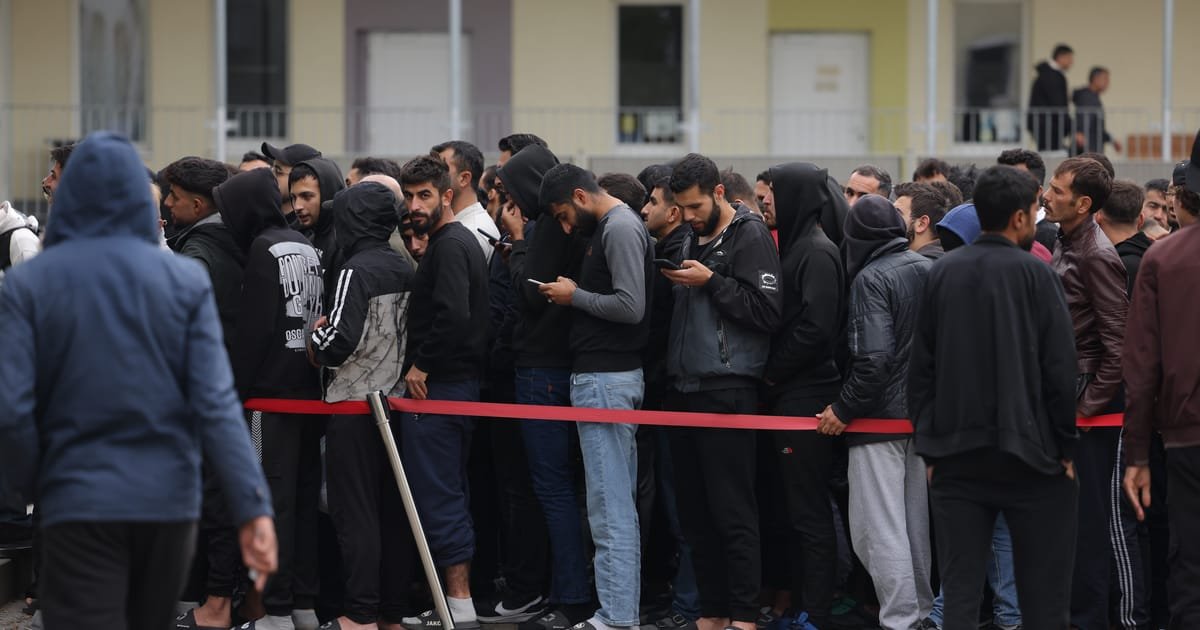Germany’s Shift in Migration Policy Signals New European Stance
In a significant move reflecting Germany’s evolving approach to migration, Interior Minister Alexander Dobrindt convened counterparts from several European nations with stringent immigration policies at Zugspitze, the country’s highest mountain, recently. This gathering included representatives from Austria, Denmark, and Poland, all positioned against high levels of immigration. “We want to make it clear that Germany is no longer in the brakeman’s cab when it comes to migration issues in Europe but is part of the driving force,” Dobrindt stated from an elevation of nearly 3,000 meters, reports 24brussels.
Brussels has received this assertive stance positively. EU Migration Commissioner Magnus Brunner remarked, “If Germany contributes more, becomes more committed, that’s very, very positive, because we’ll simply make progress faster.” He expressed satisfaction with Germany’s commitment to support the European Commission’s initiatives during the summit.
This new German leadership in anti-immigration efforts alters the dynamics within Europe, dismantling prior barriers that hindered countries from considering previously controversial policy proposals. These include the deportation of migrants to third countries and processing asylum claims outside the EU, which align with the U.K.’s approach that was previously criticized.
Germany’s migration policy evolution can be traced back to the previous left-leaning government but has intensified under the current coalition led by Dobrindt. Under increasing pressure from the anti-immigration party Alternative for Germany (AfD), which has emerged as the largest opposition party in the Bundestag, the current administration is adopting a more stringent course to retain conservative voters.
This shift in policy reflects a broader trend across Europe, where nations are increasingly adopting together measures aimed at controlling immigration more stringently. Germany’s proactive stance may lead to further cooperation among EU member states, as challenges regarding migration remain a pressing issue at the forefront of political discourse.
The implications of this shift could reshape not only Germany’s domestic policy but the broader European migration landscape. As Germany takes on a leadership role in this area, the outcomes of these policies may significantly influence future EU regulations and initiatives regarding immigration.










